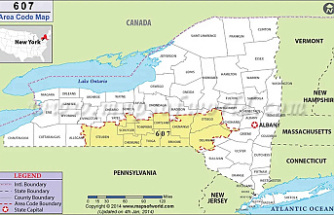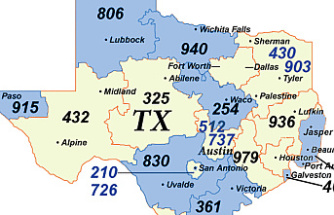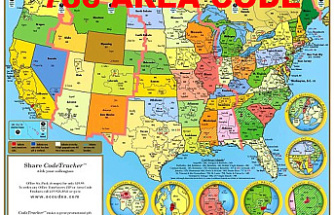After an investigation into the delayed 911 response in a case where a mother and her daughter were both killed by carbon monoxide poisoning, the Houston Fire Department disciplined a firefighter.
The investigation was opened by the department in July after reporting from ProPublica and The Texas Tribune. This revealed that first responders initially refused to enter a Houston home during the severe winter storm in February 2021. This decision led to a couple and their children being exposed for three additional hours.
Details of the investigation have not been disclosed by the fire department. Houston officials wrote to the Texas attorney General to stop the release of records to news organizations. They stated that Texas law prohibits public disclosure of records relating to misconduct by a firefighter, or police officer. The letter stated that "allegations" of misconduct were supported and that disciplinary action was taken to the firefighter.
Houston Fire Chief Samuel Pena sent an email to the news media, confirming that there was evidence of misconduct. However, Pena declined to provide further details due to a possible appeal by the disciplined firefighter. Pena stated to the news agencies in August that he was still waiting for the results of the investigation, but that it seemed that the dispatch center fire captain "failed to give the information necessary for the people on the scene to make the right decision."
After a year-long investigation by news organizations, the department decided to discipline a firefighter. This is just one of a number of actions that governmental bodies have taken. Residents are now at risk from the invisible gas because of safety gaps and lack of consistent policies. The news agencies found that was the most severe case of carbon monoxide poisoning in Texas' recent history after power outages caused by the winter storm. After residents tried to keep warm using portable generators or barbecue grills, the state confirmed at least 19 deaths due to carbon monoxide poisoning.
After reporting on the dangers of portable generators, and the absence of federal regulations last week, the U.S. Consumer Product Safety Commission announced last week that it intends recommend new mandatory rules to make generators safer . It stated that manufacturers have not done enough to prevent deaths from carbon monoxide poisoning caused by their products.
The Harris County fire marshal has drafted a proposal to require carbon monoxide detectors for more apartments and townhouses, according to county commissioners. Harris County officials also stated that they will lobby the Legislature in its next session, 2023, for carbon monoxide alarms to be required in single-family homes.
After news organizations discovered that Texas was among six states without a statewide requirement for carbon-monoxide detectors in their homes, the decisions were made. This resulted in inequal protections for residents. A bill was passed by the Texas Legislature that required carbon monoxide alarms to be installed in new or renovated homes beginning this year. Nearly 10 million apartments and homes already have the legislation.
Harris County, which encompasses Houston, was particularly affected by the 2021 storm. Five people were killed by carbon monoxide poisoning and 590 others sought treatment in emergency rooms following exposure to the gas.
Shalemu and Etenesh Bekele's wife, Etenesh, along with their two children, were among the victims of poisoning on February 15, 2021. This happened after Shalemu turned on her car in the attached garage that morning to heat it and charge her phone. After Mersha and her family stopped responding to their calls, a friend called relatives to call 911.
The home was evacuated by firefighters who left the scene after no one answered the doors. Michael Negussie was told by a 911 dispatcher that he would relay concerns about the family being poisoned with carbon monoxide to emergency responders. However, this is not true, according to 911 recordings, records obtained by news organizations and interviews with firefighters.
After a series alarming 911 calls from Negussie who claimed that his family had been poisoned, a fire crew arrived nearly three hours later. Emergency responders broke into the house through an unlocked window and discovered Mersha and Rakaeb's 7-year old daughter dead. Bekele and their 8 year-old son Beimnet were rushed to the hospital where they both recovered.
This week, neither Negussie or Bekele replied to our requests for comment.
First responders across the United States and Texas have freedom to decide whether or not they will enter a house. Houston fire officials pointed to a Department memo which states that firefighters must ensure they are in the correct location, look for signs that someone is inside, and then contact dispatch to get additional information. According to the memo, emergency crews should contact the police if they decide to enter the house forcefully.
Officials from the fire department of the city did not respond to questions regarding whether any policy changes had been made following the investigation into Mersha's and Rakaebs deaths.
Bill Toon, a former EMS provider and consultant with many decades of experience, suggested that the department examine whether additional policies are necessary to prevent future incidents.
Toon stated, "This is not about one individual. It's about a whole system." What are you going do to prevent this from happening again?












